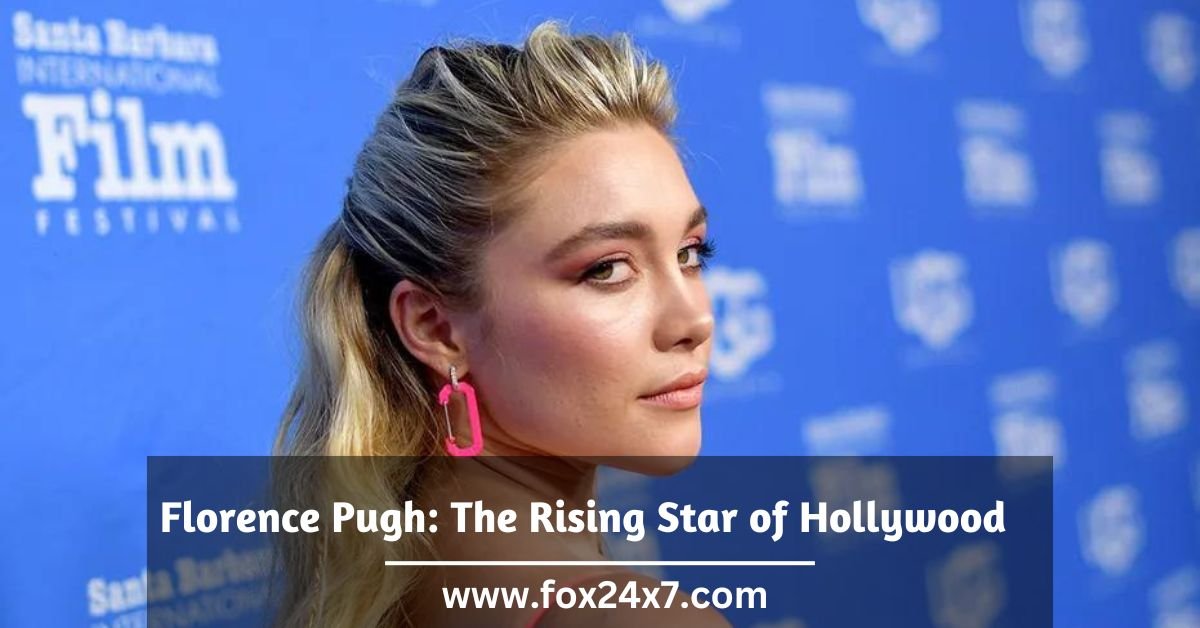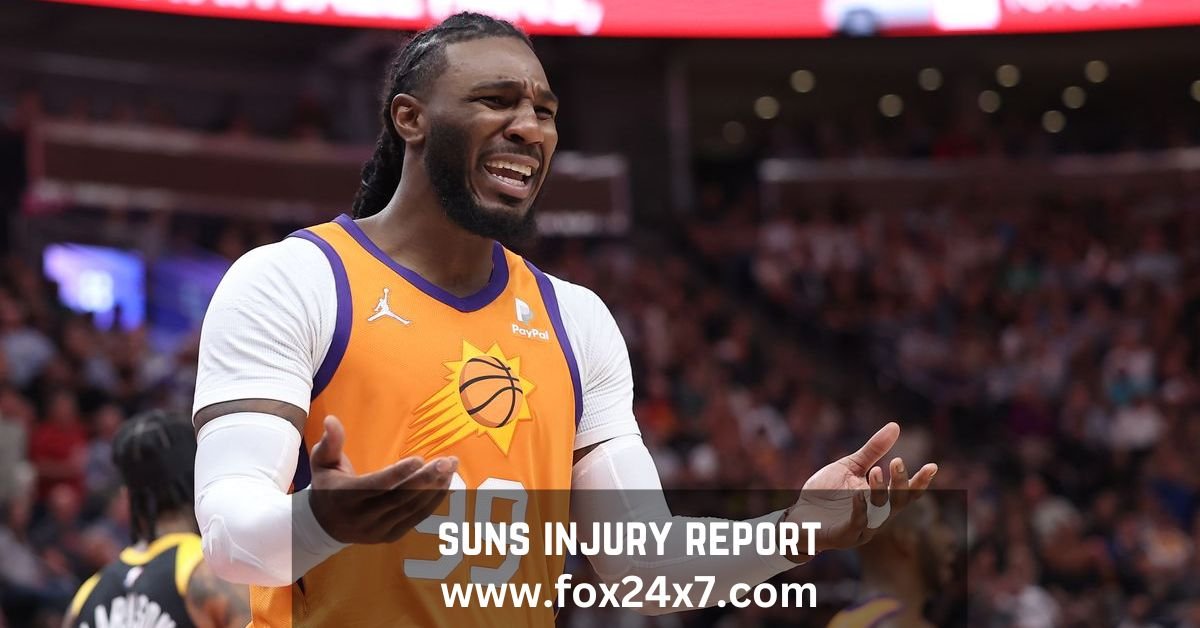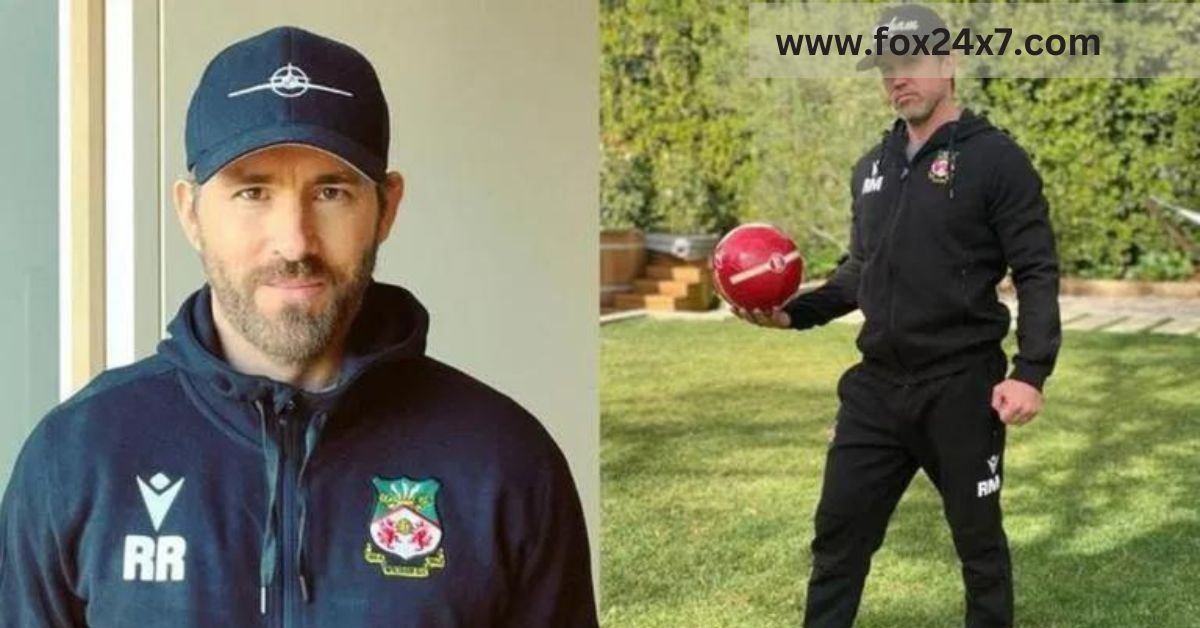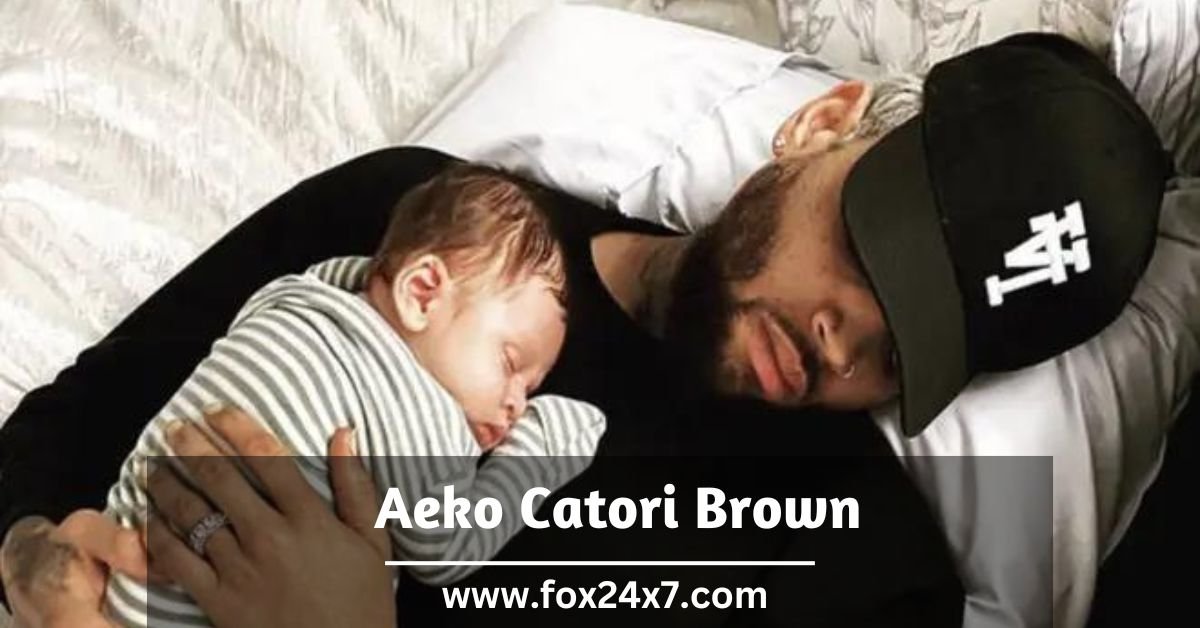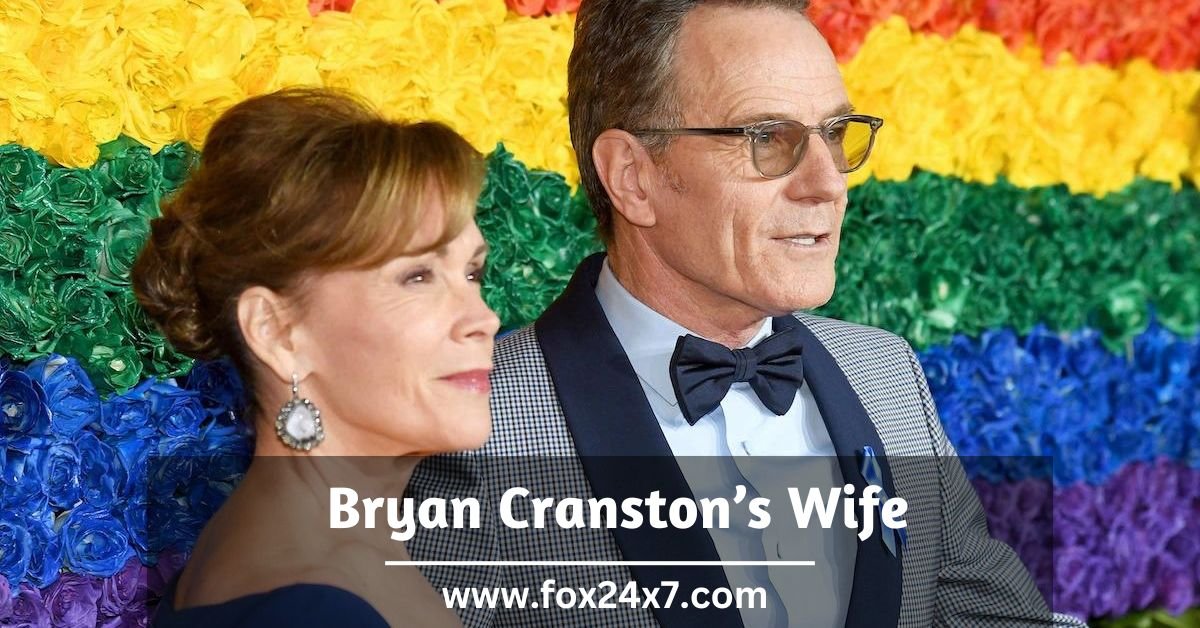Three Black Teenagers: Searching for “three black teens” versus “three white teenagers” on Google yields drastically different results.
Raising unsettling questions about how racial bias in society and the media is replicated online.
Kabir Alli, a graduating senior from Clover Hill High School in Midlothian, Virginia, shared a video clip on Twitter this week of a Google image search for “three black teenagers adolescents” that yielded a slew of police mugshots.
He and his companions then went on the hunt for “three white teens,” and came across groups of happy teenagers.
Three Black Teenagers search sparks

“I’d heard about this search from one of my friends and was eager to check it out for myself. I didn’t believe it would be true in the first place “Alli told USA TODAY about it. “I was completely taken aback when I saw the results.”
Since Tuesday, the tweet has been retweeted about 65,000 times, and Twitter users are debating the video’s consequences with the hashtag #threeblackteenagers.
People are outraged that the photo of Brock Turner, a white former Stanford University student convicted in a high-profile sexual assault case, was taken from a high school yearbook rather than his police mugshot, sparking a discussion about internet racism.
“I understand it’s all based on the most visited pages,” Alli added, “but Google should be able to have more control over something like that.”
For years, people have complained about racial bias in search engine results. According to Google, it’s simply reflecting societal prejudices that show up in what and how people seek online.
Google stated in an emailed statement that its image search results reflect what’s on the Internet, including the frequency with which particular sorts of photographs appear and how they’re characterised.
“This means that online depictions of sensitive subject matter might occasionally influence what picture search results display for a particular query,” according to the statement. “These findings do not reflect Google’s own attitudes or beliefs; as a company, we place a high priority on variety of viewpoints, ideas, and cultures.”
Some folks were in agreement. “Loooool. But it’s not Google’s fault. Simply put, black folks must improve their internet presence and presentation “one individual said on Twitter.
Alli agrees with Alli that Google is not racist. Since he tweeted about the results, they’ve shifted slightly, owing in part to his online experiment.
“The fact that all of these mugshots appeared is incorrect, but three black teenagers males making poor decisions also play a role. We must fight to change that image if we do not want it “he stated “Finding average, non-offensive photos of three black teenagers shouldn’t be difficult.
That search paints a picture of us as a collective, but those images aren’t us. We have a lot to offer, and that search doesn’t even come close to capturing everything.”
Safiya Umoja Noble, a professor of information studies and African American studies at UCLA, believes that society should not let Google off the hook so easy.
“There have been numerous instances of racial bias in Google’s algorithm. It makes a point of stating that it is not accountable for the results of its algorithm.
Nonetheless, we must ask: if Google is not to blame for its algorithm, who is?” Noble is compiling and analysing the societal effects of racially discriminatory online searches for a book he is writing.
Essentially, the algorithm Google uses to display search results learns searchers’ biases and then reinforces them by displaying those results more frequently.
That can be seen in the top search results for white grandma (Grandma VanDoren’s White Bread Recipe and Grandma’s Bakery in White Bear Lake, MN) and black grandma (Grandma VanDoren’s White Bread Recipe and Grandma’s Bakery in White Bear Lake, MN) (porn videos).
Not all algorithms are created equal. Bing.com and Yahoo search results diverge, with a public television documentary titled Mexico & Peru: The Black Grandma in the Closet and black granny boots emerging. Google is significantly more powerful, with over two trillion queries every year.
Some argue that search engines should do more, not only to resolve bias revealed by algorithms, but also to utilise algorithms to combat bias.
With budget cuts to public education and a greater dependence on technology for answers, search engines have more power than ever before in determining what information is viewed and what information is valued.
People regard Google as an unquestionably trustworthy source of information. However, understanding of gender stereotypes and racial biases is frequently missing in search results that are not curated by a mindful hand, such as a librarian or teacher.
According to the Pew Research Center, 91% of search engine users say they always or nearly always find the information they’re looking for when using a search engine, and 73% think the information they discover is accurate and trustworthy.
“And they’re when you’re looking for the Starbucks hours in your neighbourhood,” Noble added. “However, when it comes to finding information, ideas, or concepts, the algorithm frequently fails us, and society does not view the algorithm as a failure until these kinds of egregious instances occur.”
Danny Sullivan, a long-time Google observer, claims that Google reflects what’s going on on the Internet and “the problems of society as a whole.” “Google could possibly discover adequate ways to adjust,” says Search Engine Land’s founding editor.
According to Sullivan, Google should provide more positive images for generic image searches for groups of people such as “black adolescents.”
“We are not expecting Google to return positive-looking mugshots when someone searches for mugshots. It doesn’t mean you won’t come across nasty stuff if you search for it “Sullivan explained. “I believe Google should devote more time to examining what they’re doing and determining how they balance being a reflection of what’s going on throughout the Web with ensuring that they’re not reinforcing things and that individuals are treated fairly.”
Christian Sandvig a University of Michigan professor of information
To address this issue, we need a systematic approach that monitors these systems from the outside,” Sandvig added.
“These corporations are happy to take on the duty of censoring content that makes their sites less enjoyable to use and may reduce advertising revenue,” he said.
When we query them about other types of content, such as content that reflects a more subtle problem or doesn’t jeopardise their product’s user experience, they argue that objective algorithms made these determinations based on our own behaviour.
Because these decisions were made by a computer programme, they are inhuman, and we aren’t responsible for them,’ this implies. Isn’t it true that programmers aren’t human? Aren’t humans employed at Google?”
This isn’t the first time Google has been chastised for its search results.
After searches using a racial term drove users to the White House last year, Google apologised and suspended people’s ability to submit updates to Google Maps.
After noting that Google searches for photographs of hands returned photos of white hands, graphic designer Johanna Burai created World White Web. WorldWhiteWeb.net is a website that encourages users to link to photographs of non-white hands.
In April, Burai told BuzzFeed News that the experiment, which yielded similar findings for other body parts and search phrases like man, woman, and child, demonstrated cultural prejudices.
Bonnie Kamona, a student, conducted a similar search for “unprofessional hairstyles for work” and claims that the results included African-American women. The results for “professional hairstyles for work” featured blonde white ladies.
The search turned up photographs of black women from blogs and articles that were “explicitly debating and fighting against racist attitudes about hair,” according to The Guardian.
Google apologised last July after its Photos app mistakenly categorised black people as “gorillas.” Jacky Alciné, a programmer, shared a snapshot of photos he’d uploaded, in which the app had classified Alcine and a buddy, both African Americans, as “gorillas.”
Yahoo’s Flickr site had introduced new technology to assist with photo tagging a month prior. On two occasions, it mistook a black guy and a white lady for apes.
Professor Latanya Sweeney of Harvard University discovered “statistically significant prejudice” in online advertising results in a 2013 study.
The study discovered that names connected with black persons “produced ads suggestive of an arrest in 81 to 86 percent of name searches on one web site and 92 to 95 percent on the other,” whereas names associated with white people produced more neutral results.
“These businesses are not conducting user test keyword searches in the same way that African Americans do. One of the reasons we see this so frequently is because of this “Noble said.
The chronic lack of diversity within Silicon Valley technology organisations, according to Noble, is one of the factors.
Men make up seven out of ten Google employees. The majority of employees are Caucasian (60%) and Asian (5%). (31 percent ). Latinos made up only 3% of the workforce, while African Americans made up only 2%, far from reflecting the racial and ethnic diversity of its users in the United States and around the world.
“We’re talking about changing company cultures and improving Silicon Valley’s grossly under-educated workforce, where people aren’t schooled in ethnic studies or women’s studies,” Noble explained. “They have no concept how significant the task is in the social context.”
Also Read:








![Buying the Dip: The Meaning And Its Importance [Markets Strategy] Buying the Dip](https://fox24x7.com/wp-content/uploads/2021/11/Buying-the-Dip--180x135.jpg)


